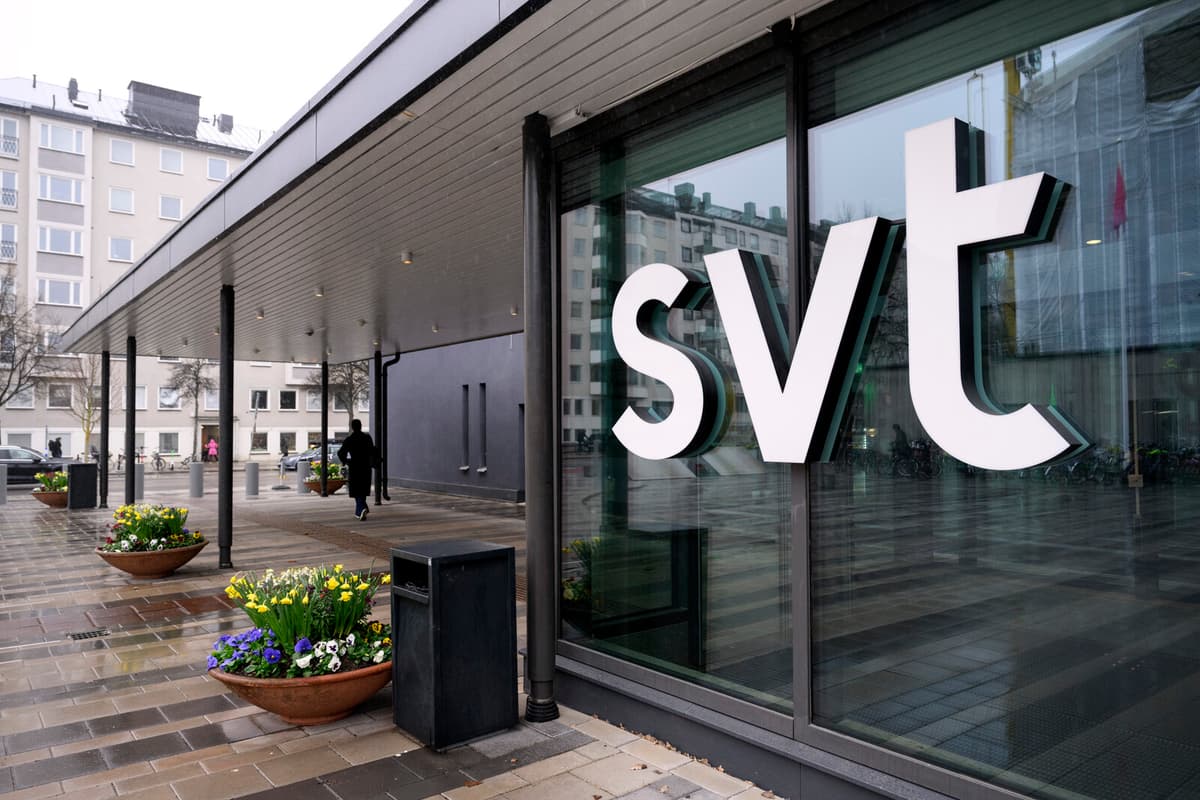Last year, an inquiry was presented on the license period for 2026-2033, and now that the referral bodies have had their say, it's soon time for the proposition.
Fredrik Stiernstedt, who researches media policy at Södertörns University College, thinks that the committee that investigated the issue showed a remarkable disagreement - which also creates uncertainty.
It can lead to some form of indirect adaptation, he says.
Right-wing parties have long accused public service of being left-wing. The criticism has no support in empirical research, according to Stiernstedt.
But it's understandable that this attitude exists among radical right-wing or populist parties like SD, which have more to gain from pointing out all traditional media, not just public service, as political enemies.
Now, the same idea has, however, taken hold in traditional bourgeois circles in Sweden in a way that one does not see in, for example, Finland or Norway, he emphasizes.
Mismatch
The inquiry concluded that public service should maintain its breadth. But at the same time, the allocation is being reduced, in times when more expensive technology and a changed security situation have incurred extra costs.
It becomes a contradictory image, where on the one hand, one points out that we should still have a strong public service, but we have no money. We're cutting back.
Similarly, it is with independence, which, according to the inquiry, should be written into law. At the same time, politicians should be able to commission reports on the activities, which Fredrik Stiernstedt is critical of.
But apparently, one is after something specific, and then one wonders how that knowledge will be created and used. One can sense that there is a kind of agenda.
Re-evaluating?
Critics believe that the new inquiry can lead to a gradual dismantling of public service, with fewer programs and less journalism as a result.
But the changed security situation has made more people aware of the value of a unifying media arena, as a counterweight to disinformation, believes Fredrik Stiernstedt.
Parties that have been critical have to some extent begun to re-evaluate some positions when thinking about Sweden's security. It will be exciting to see where it lands.
The proposition on public service is to be presented by the government at the end of May.






